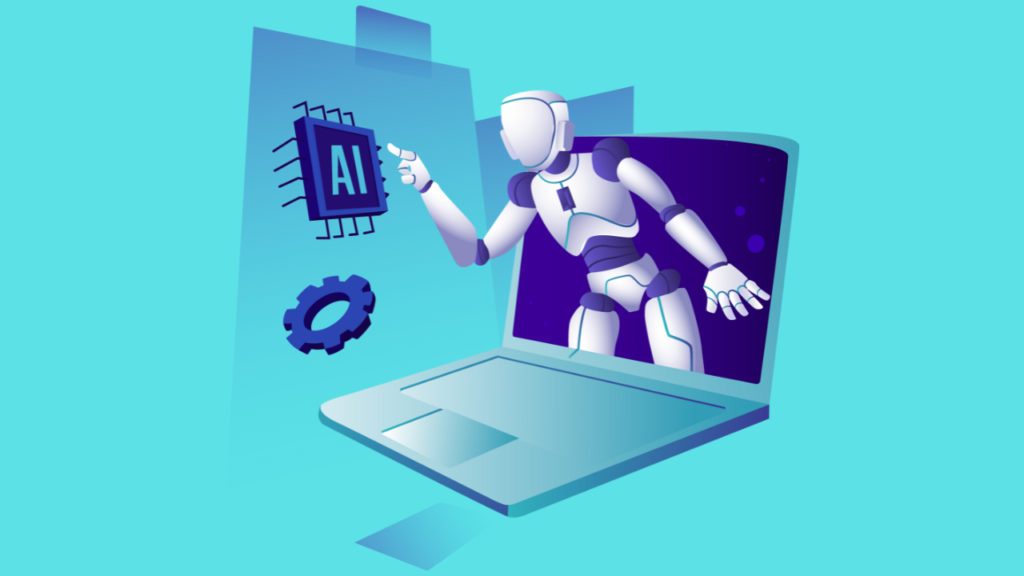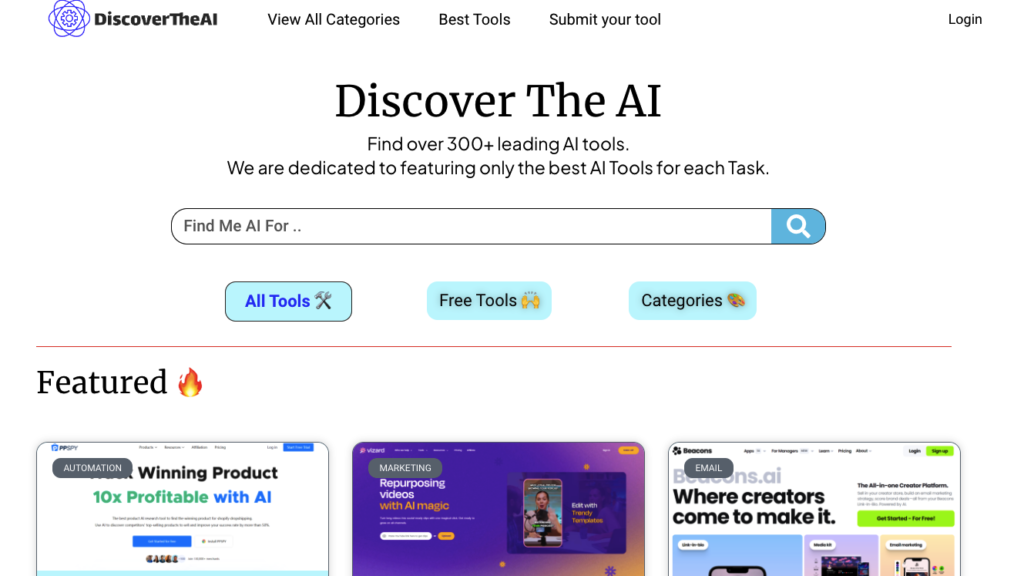Natural language processing (NLP) has emerged as a significant technique in the rapidly evolving field of artificial intelligence (AI), allowing computers to read, interpret, and synthesize human languages.
NLP is a kind of link between communication and machine understanding.
Developers rely on NLP frameworks and libraries, which offer the resources and tools necessary to produce cutting-edge AI applications, in order to fully realize the promise of NLP.
This article investigates the role of NLP frameworks and libraries in advancing innovative technologies and releasing NLP’s capabilities.
Understanding NLP Frameworks and Libraries
What are NLP Frameworks?
NLP frameworks are software libraries designed to equip developers with a set of tools, algorithms and pre trained models for constructing NLP applications. These frameworks offer user interfaces that simplify complex NLP tasks making it easier for developers to incorporate desired language functionalities into their applications. From text processing and understanding languages to more sophisticated endeavors, like sentiment analysis, named entity recognition or machine translation. These NLP frameworks provide an array of features.
The Significance of NLP Libraries
On the hand we have NLP libraries which consist of pre built functions and modules tailored specifically for various aspects of natural language processing tasks.
These libraries come with tools that’re ready to be used for tasks such as tokenization, part of speech tagging, syntactic parsing and other natural language processing (NLP) tasks. NLP frameworks and libraries often work together to help developers create efficient NLP applications.
AI Applications with NLP Frameworks
Text Classification and Sentiment Analysis
Using NLP frameworks and libraries can greatly enhance AI applications in text classification and sentiment analysis. With these tools developers can. Organize text data based on predefined categories or labels. This has practical uses across different domains from detecting spam and analyzing sentiment to providing content recommendations and analyzing customer feedback. By leveraging NLP frameworks and libraries businesses can build AI applications that automatically classify and analyze amounts of textual data. This enables them to make data driven decisions and offer personalized experiences to their users.
Named Entity Recognition (NER)
Another important NLP task that has applications in AI is named entity recognition (NER). Advanced algorithms embedded within NLP frameworks and libraries allow for the extraction of entities like names, locations, dates and organizations from text. This capability is particularly valuable, in information extraction, document understanding and constructing knowledge graphs.
Using NLP frameworks and libraries developers can create AI applications that automate the extraction of information from text saving valuable time and effort in manual data processing.
Machine Translation and Language Generation
NLP frameworks and libraries play a role in machine translation enabling automatic translation of text from one language to another. By utilizing NLP algorithms and models developers can build AI applications with accuracy and fluency in translating text. Furthermore these frameworks empower developers to generate human language allowing for the creation of AI applications that produce natural sounding text such as chatbot responses, product descriptions or news articles.
Chatbots and Virtual Assistants
Intelligent chatbots and virtual assistants heavily rely on NLP frameworks and libraries. These powerful tools enable natural language understanding and generation for these AI applications. With the help of NLP frameworks developers can train chatbots and virtual assistants to comprehend user queries in a manner that resembles interaction. Incorporating NLP capabilities into these systems enhances customer service offers recommendations and improves overall user experiences.
Voice Assistants
Voice activated AI assistants like Siri and Alexa have become a part of our daily lives. These assistants heavily depend on NLP, for speech recognition and generating appropriate responses.NLP frameworks and libraries come with speech processing algorithms that allow developers to create voice assistants of understanding and interpreting spoken language. This enables users to interact with their devices using speech revolutionizing the way we engage with technology.
Popular NLP Frameworks and Libraries
When it comes to advancing AI applications there are popular NLP frameworks and libraries that developers can utilize. Lets explore a few of them;
Is an open source NLP library known for its efficiency and ready to use tools. SpaCy offers cutting edge features like tokenization, part of speech tagging, syntactic parsing, named entity recognition and more. Its simplicity and speed make it a top choice among developers.
NLTK (Natural Language Toolkit)
A Python library for NLP that covers a wide range of functionalities. From tasks like tokenization and stemming to more advanced ones, like machine translation and sentiment analysis NLTK provides extensive support.
NLTK also offers a range of text collections, vocabulary resources and pre trained models which are highly beneficial for researchers and developers working on natural language processing (NLP) projects.
Apart from being recognized as a deep learning framework TensorFlow also provides robust tools and libraries that greatly support NLP tasks. TensorFlows NLP capabilities encompass tasks like text categorization, labeling sequences and machine translation. Due to its ecosystem and strong community backing TensorFlow has gained popularity among developers who want to build AI applications powered by NLP.
PyTorch is another known deep learning framework that offers a diverse set of tools and libraries specifically designed for NLP applications. PyTorchs NLP capabilities include modeling sequence to sequence transformations, sentiment analysis and recognizing named entities. Renowned for its flexibility and user friendly nature PyTorch is the choice for both researchers and developers engaged in NLP endeavors.
Gensim is a Python library specialized in topic modeling and analyzing document similarity. It offers implementations of widely used algorithms such as Latent Semantic Analysis (LSA) and Latent Dirichlet Allocation (LDA). Gensim finds application in extracting hidden topics from vast text corpora making it a valuable asset, for content recommendation systems as well as organizing documents effectively.



